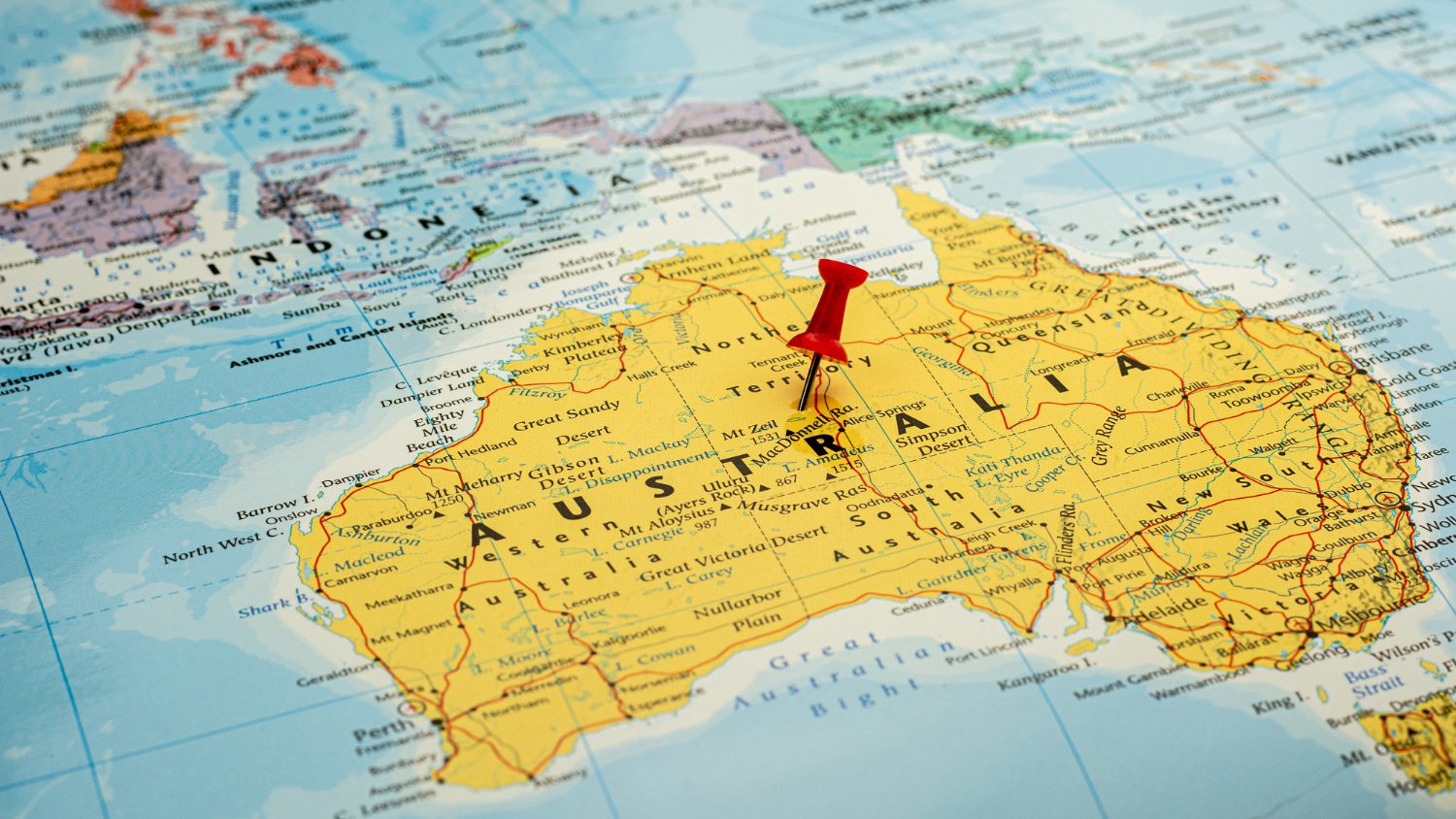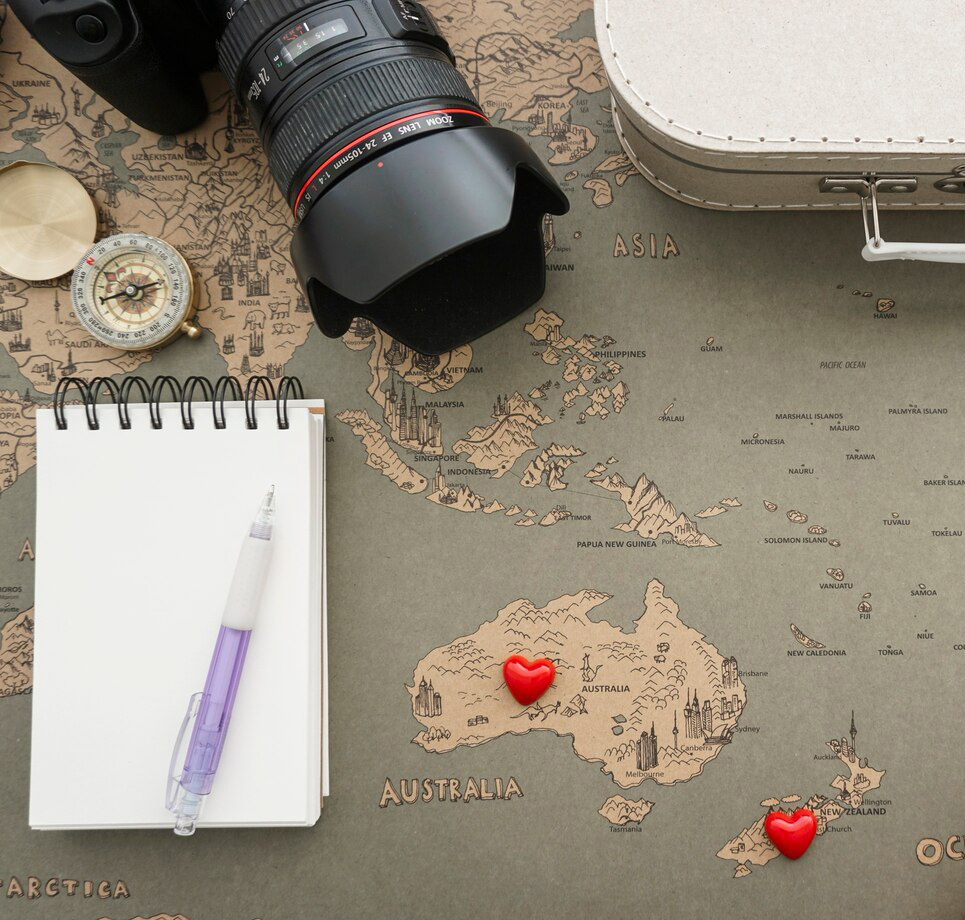Australia welcomes international students from all over the world. If you are an offshore student planning to study at our campus, it is essential to understand the entry requirements and procedures to ensure a smooth arrival.
Visa Requirements
To enter Australia for study purposes, you must obtain a Student Visa. The Student Visa allows you to stay in Australia for the duration of your course. To apply for a student visa, you will need:
Arriving in Australia
Once your visa is granted, you can make travel arrangements. Upon arrival, you will need to go through immigration and customs checks. Ensure you have the following documents readily available:
Customs and Biosecurity
Australia has strict biosecurity laws to protect its environment. You must declare any food, plant materials, and animal products you bring into the country. Failure to do so can result in fines or penalties. To avoid any issues, check the Department of Home Affairs website for a list of restricted and prohibited items.
Quarantine and Health Regulations
Depending on health requirements at the time of your arrival, you may need to undergo health screening. It is advisable to stay updated on the latest travel and health regulations via the Australian Government Department of Health website.
Getting to Campus
Upon arrival, you can use public transport, taxis, or pre-arranged airport pickup services to reach your accommodation or campus. Some institutions offer airport pickup services for international students, so be sure to check with student support services before your departure.
Australian Way of Life
Working in Australia
Most student visa holders can work up to 48 hours per fortnight during term time and unlimited hours during holidays. Before starting any paid work, verify that your visa allows employment.
For more information:
12-month living costs:
For the latest advice on living costs, visit: https://immi.homeaffairs.gov.au/visas/getting-a-visa/visa-listing/student-500#HowTo
Weekly Expenses Guide:
Capital cities typically have higher living costs, with Sydney and Melbourne usually being the most expensive, while smaller cities like Adelaide and Hobart tend to be more affordable.


When you arrive, you'll need to show your passport and incoming passenger card at Customs and Immigration. You may be asked questions about your stay before your passport is stamped.
After clearing Immigration, collect your baggage and check that nothing is missing or damaged. If there's a problem, visit the baggage counter for assistance.
Australia has strict quarantine laws to prevent certain food and plant items from entering the country. Declare any items you're bringing on the form provided during your flight. Undeclared quarantine items may be confiscated and destroyed, and you could face fines or prosecution.
All international mail is also screened by customs. For more information, visit the Australian Quarantine and Inspection Service (AQIS) website at www.aqis.gov.au
For more information and assistance, contact our International Student Support Team. We look forward to welcoming you to Australia and helping you settle into your studies!